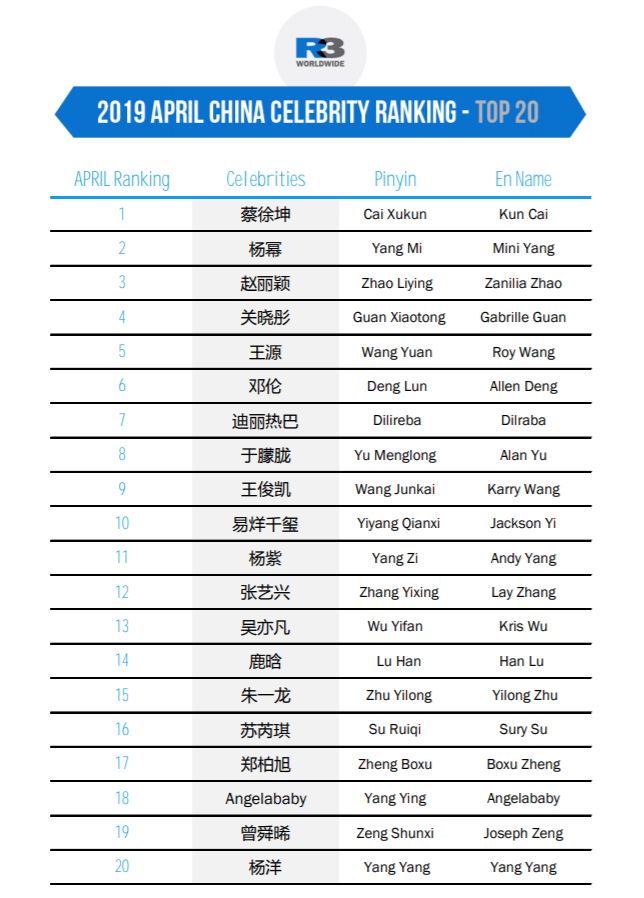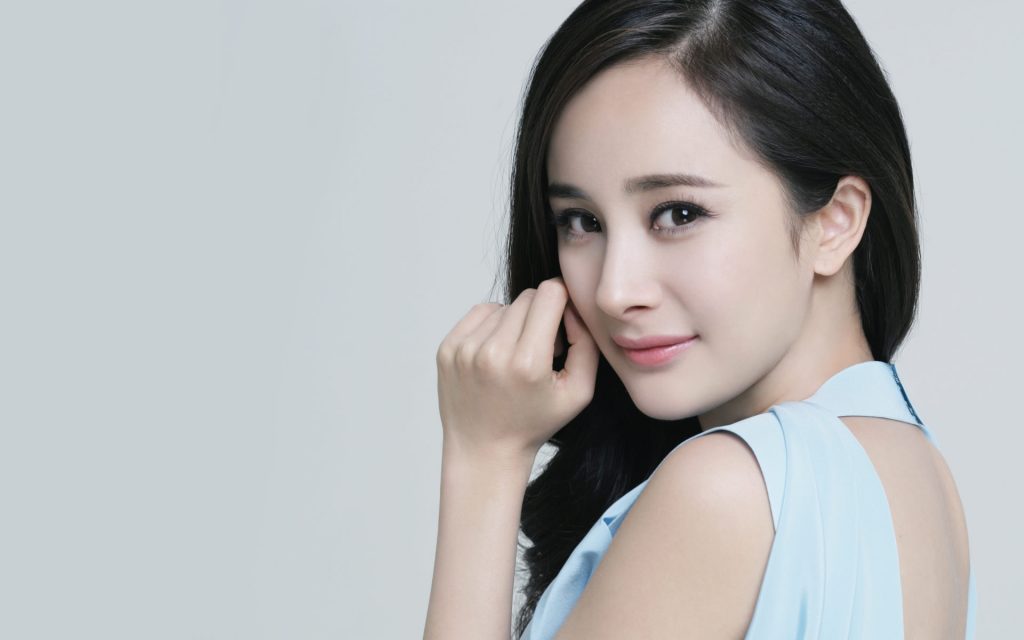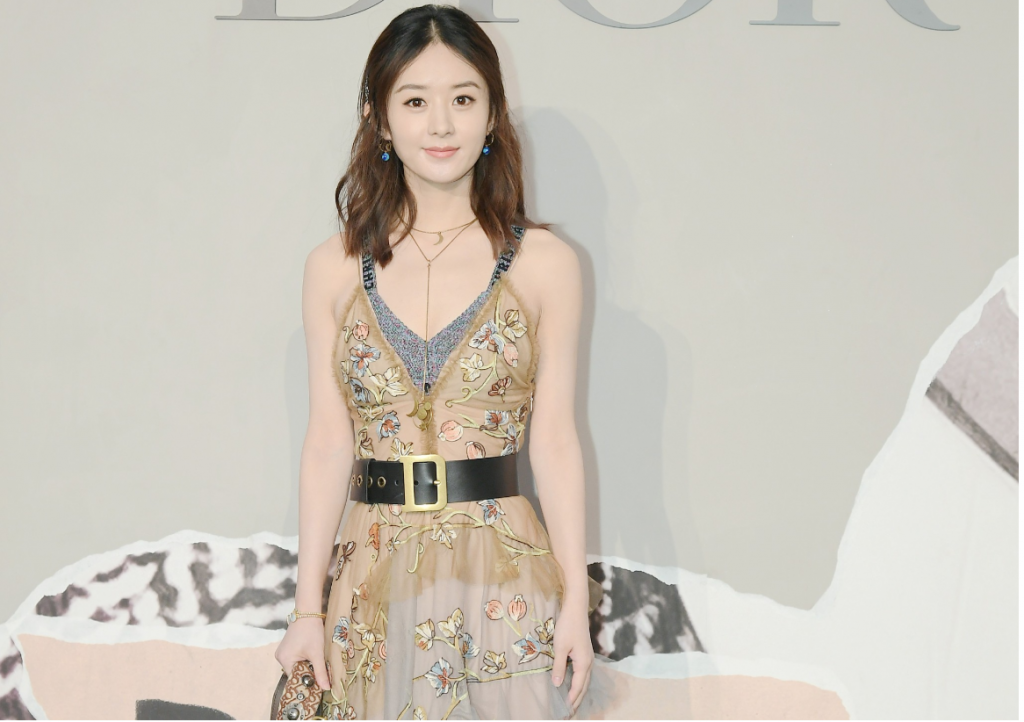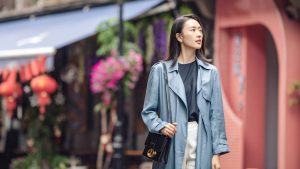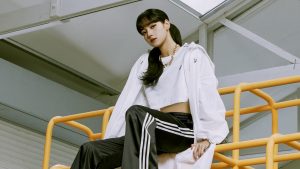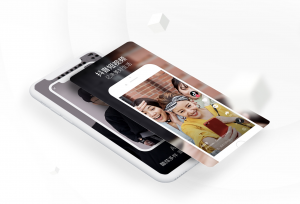Following the launch of the first edition of the R3 Celebrity Index — a monthly ranking of China’s most influential celebrities on the country’s most important social media platforms, from Weibo and WeChat to Toutiao and Baidu — Jing Daily and the global consultancy is co-releasing the April list:
Chinese boyband member Cai Xukun continued to be the most buzzed-about star on social media due to his ongoing legal disputes with a video company. On April 12, Cai sued Chinese video-streaming site Bilibili, a platform that embraces user-generated video content, for the violation of his personal rights. Last year, Cai shot an official video playing basketball when he was named as the brand ambassador of the NBA League in China. His basketball skills, however, were seriously scolded by Chinese people, which led many online users to re-edit the NBA video to make jokes about him. The lawsuit helped amass public interest. By surrounding himself with a lot of negative sentiment, Cai is a typical example of a Chinese celebrity whose name is well-known but for all the wrong reasons. Luxury brands need to be extremely cautious about working with him by fully assessing the benefits and drawbacks of the collaboration before pushing the “go” button.
Yang Mi, China’s fashion queen and the face of brands like Michael Kors, Stuart Weitzman, and Estee Lauder, came in as the second-most popular star this month. Her popularity was primarily driven by the launch of her first variety show, “The Escape of the Chamber,” which drew the attention of both her fans and the general public. Deng Lun, a popular idol among millennials who ranked No. 6 on the list, has also joined the show.
The third-most popular celebrity, Zhao Liying, also climbed up the ranking due to controversies. Her fans were in a fierce Weibo spat with the fans of another actress Liu Shishi over who was more popular. It generated a lot of comments, which brought her a a great deal of exposure. During the same month, Zhao also fired her agent, Huang Bing, who brought her fashion connection to brands such as Christian Dior, which made online users speculate about their relationship.
Deliraba, who ranked 7th, used to be the brand ambassador for Dolce & Gabbana but resigned from the role immediately after the brand’s video disaster last year. The past month, she was publicly dressed by luxury brands like Stella McCartney. Jackson Yee (No. 10), the brand ambassador for Bottega Veneta; Lay Zhang (No. 12), the brand ambassador for Valentino; and Angelababy (No. 18), the brand ambassador for Christian Dior, maintained a high level of popularity on social media, which can be utilized by brands.
In China, the power of celebrities is driving brand engagement with consumers. When Italian luxury brand Gucci recently released a dedicated WeChat post to document the three-day Italian journey of its Chinese brand ambassador, the actress Ni Ni, the post quickly received over 100,000 page views and was liked by 639 people with a great number of users praising the Gucci outfits worn by Ni and the compatibility of the brand and the celebrity. Louis Vuitton’s latest collaboration with its Chinese ambassador Kris Wu, who was ranked No. 13 on the list, to unveil its next-generation Horizon Soft travel case, also sparked positive consumer sentiment. The post on Weibo that featured Wu’s campaign video garnered over 13,000 comments and more than one million re-shares.
In both Gucci and Louis Vuitton’s cases, choosing the right celebrities and forming a long-lasting, authentic relationship with them has proved to be very important in growing awareness, popularity, and a positive image for luxury brands in the Chinese market. But it is not an easy task. The difficulty is always in how a luxury brand can pick out a celebrity that fits its image and whether it can form a lasting business relationship with them.
–This article originally appeared on Jing Daily.


